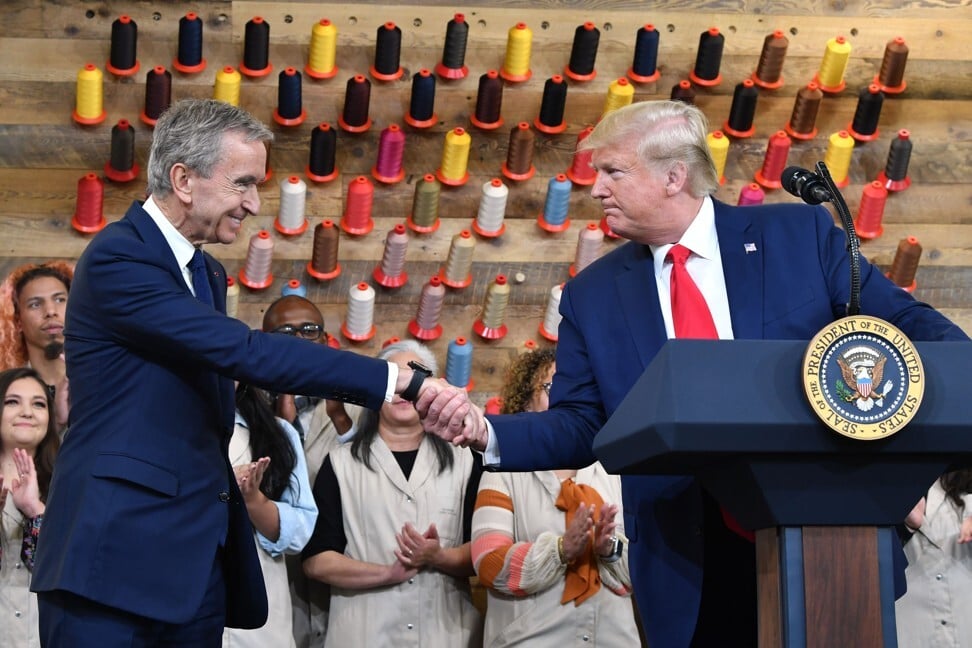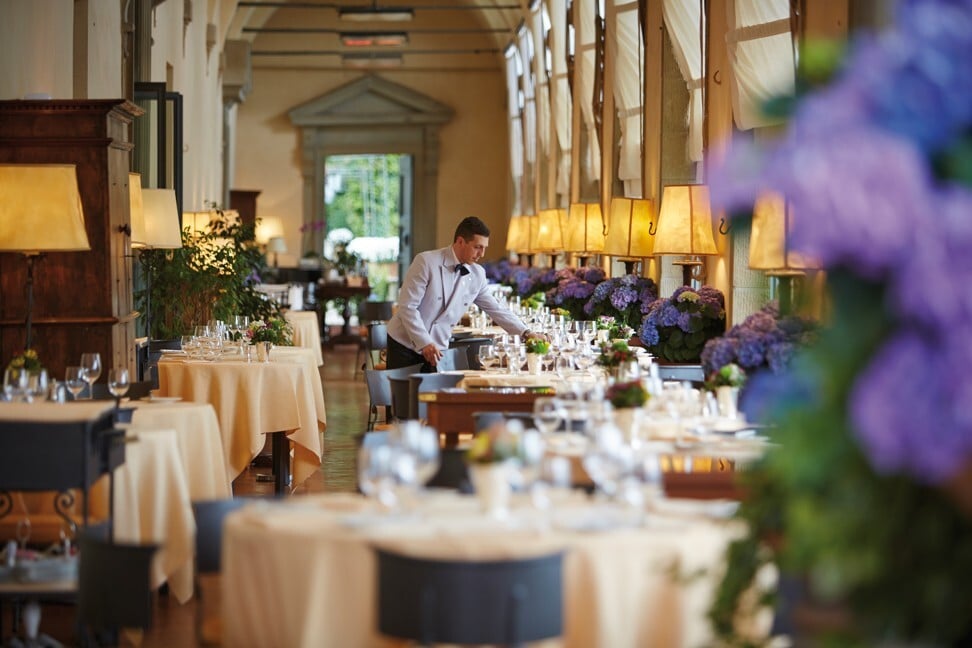
LVMH abandons US$16 billion Tiffany & Co. takeover deal – 6 brands LVMH has actually bought since 2015, from Rimowa suitcases to Belmond hotels
LVMH has announced a delay in the US$16 billion Tiffany & Co. acquisition deal – so which other luxury brand names has the French luxury conglomerate actually bought lately?

LVMH has delayed its hefty US$16.6 billion takeover of American jeweller Tiffany & Co. The French luxury goods giant, which is controlled by billionaire Bernard Arnault, has suggested the new development stems from a request from French Foreign Minister Jean-Yves Le Drian as a result of the trade tensions between France and the US. Tiffany has in turn filed a lawsuit against the French conglomerate, requesting LVMH to abide by the original contractual deadline, November 24.

The original buyout – confirmed on November 25 after an initial offer of US$14.5 billion was rejected – was the latest in a series of high-profile acquisitions that have fuelled the French luxury giant’s growth over the years.
The conglomerate – owner of Louis Vuitton and one of the world’s big three luxury goods companies alongside Kering and Richemont – was only founded by Arnault in 1987, but has been growing fast by gobbling up other companies since the 1990s, and these days owns the likes of Celine, Givenchy, Kenzo, Marc Jacobs and Bulgari, as well as a host of businesses in areas including wine and spirits, fragrance and retail.
Here are six of LVMH’s biggest buys over the past half a decade that the company actually followed through.
Belmond

Bulgari Hotels and the ultra-luxury Cheval Blanc hotel group are long-standing elements of the LVMH portfolio; in December 2018 it greatly expanded its travel-related holdings with the acquisition of Belmond, formerly known as Orient Express Hotels, for US$3.2 billion including debt, at a time when Belmond had annual revenues of US$572 million.
Belmond owns a collection of more than 30 high-end hotel properties in exclusive locations, across 24 countries on five continents, and also operates river cruises and luxury train services including the Venice Simplon-Orient-Express and The Royal Scotsman.
In buying the company, LVMH is betting on the continued expansion of the experiential travel market, with younger consumers in particular increasingly seeing unique experiences rather than expensive objects as the essence of luxury.
Christian Dior

More of a consolidation than a full-on acquisition, LVMH took full control of Christian Dior when it bought all the shares in the company it didn’t previously own – 25.9 per cent of the total – for a reported US$13.1 billion in April 2017.
Dior is the biggest component of the LVMH group, and the one that more than any other has driven its rapid expansion, after a pre-LVMH Arnault acquired it in 1984.
But it was semi-detached from the rest of the group until 2017, when the relationship changed in a complicated deal involving two Christian Dior companies, cash and Hermès shares. The new ownership structure is barely less confusing, though, with Dior continuing to exist as a company, and becoming LVMH’s biggest shareholder.
Rimowa
View this post on InstagramAluminum backpacks. Yes or no? @rimowa
A post shared by A.A (@alexandrearnault) on
Louis Vuitton’s origins lie in trunk making, and in October 2016 its parent company sharply grew its share of the luggage market when it paid €640 million (US$706 million) for an 80 per cent stake in Rimowa. The German brand, known for its grooved metallic suitcases, was founded in 1898, and the majority stake was sold to LVMH by Dieter Morszeck, grandson of company founder Paul Morszeck.
Continuing the dynastic theme, Bernard Arnault’s youngest son Alexandre was appointed Rimowa CEO after the acquisition at the age of just 24, as the founder looks to further expand his family’s direct influence over its disparate collection of businesses.
Rimowa is a rather less luxurious brand than most in the LVMH portfolio, but complements the higher-end Louis Vuitton. LVMH has since moved it into more creative territory, leveraging its network to line up collaborations with the likes of Virgil Abloh’s Off-White, Fendi and Supreme.
Luxola
View this post on InstagramA post shared by Mark Anthony Ducay (@dookieducay) on
LVMH’s most recent Asian purchase came in July 2015, when it snapped up Singapore-based beauty e-tailer Luxola for an undisclosed sum, widely reported to be in the tens of millions of dollars.
Launched in Singapore in 2011 by American Alexis Horowitz-Burdick, who recognised a gap in the market for a brand-independent retail platform in the region, Luxola hosted about 10,000 products from about 300 brands. It built up a presence in 12 markets across the Asia-Pacific region, and had previously raised US$15 million in funding.
The acquisition took place through LVMH’s highly successful physical beauty retailer Sephora, which had previously lacked much of an online presence in Asia, and as which Luxola was duly rebranded once the deal went through.
Maison Francis Kurkdjian
View this post on InstagramA post shared by Maison Francis Kurkdjian (@maisonfranciskurkdjian) on
The group took a stake in the growing niche perfume market when it acquired a majority share in French perfume maker Maison Francis Kurkdjian, in March 2017, for an undisclosed sum.
The company was only founded in 2009 but its co-founder and creative director Francis Kurkdjian was already an established star of the fragrance world, who had worked extensively with LVMH brands, including Christian Dior, Guerlain and Kenzo, as well as with the likes of Elie Saab and Jean Paul Gaultier.
Kurkdjian’s eponymous company is known for producing suites of products ranging from fragrance to personal care, as well as bespoke scents. LVMH’s purchase of the company looked like a response to other major fragrance groups such as Estée Lauder and L’Oréal acquiring multiple artisanal perfume makers during the early years of the decade.
Repossi
Before the news of its approach to Tiffany, LVMH was already busy expanding its presence in the jewellery market, where its rival Richemont has traditionally been stronger. In addition to its holdings in Bulgari and Chaumet, it took a minority share of 42 per cent in Italian jeweller Repossi in 2015 and then upped that to a majority share of 69 per cent for an undisclosed sum in May 2019.
LVMH’s investment has funded growing international expansion for the brand, which was founded in Turin in 1920, including a boutique at The Peninsula Hong Kong. Since 2007 its creative director has been Gaia Repossi, a fourth-generation member of the founding family, who has received plaudits for giving its designs a contemporary makeover.